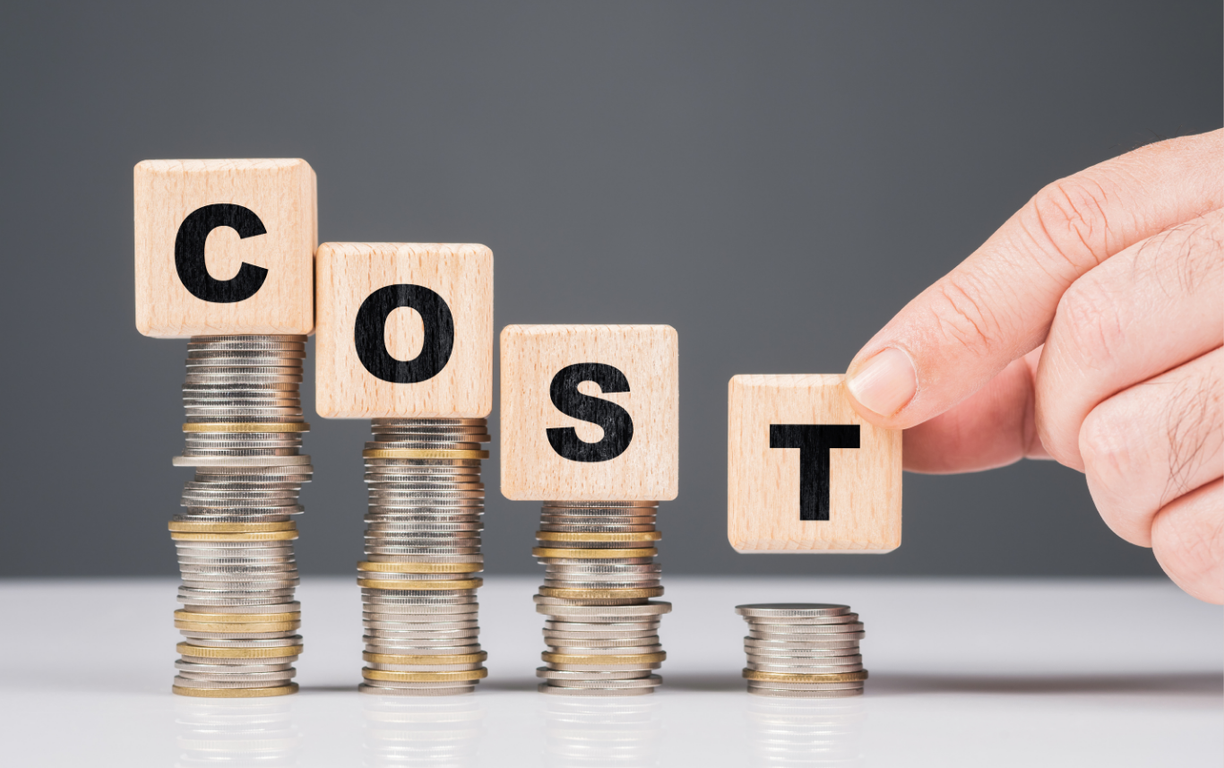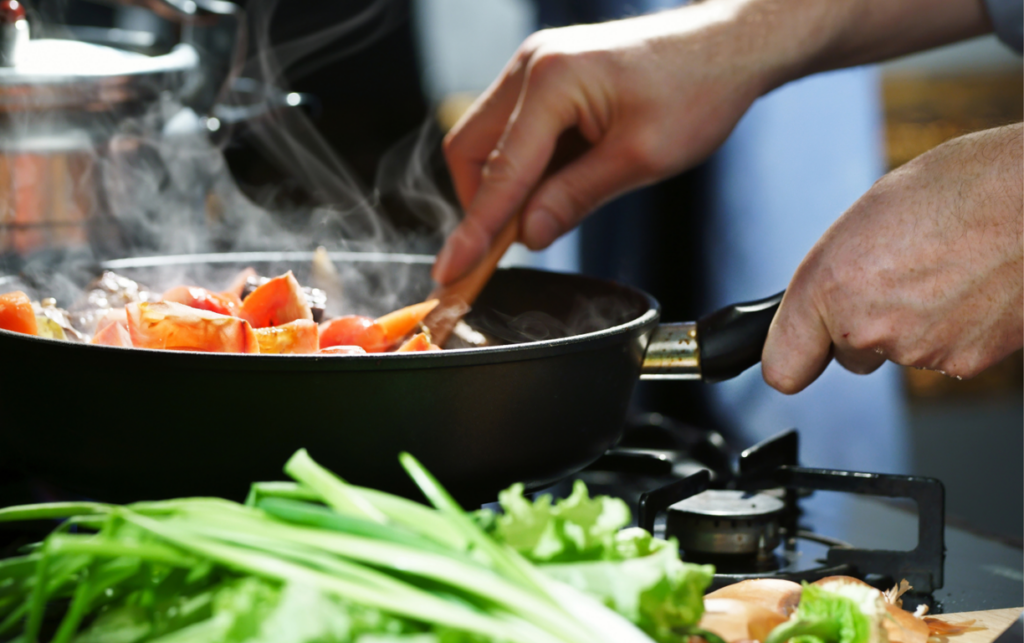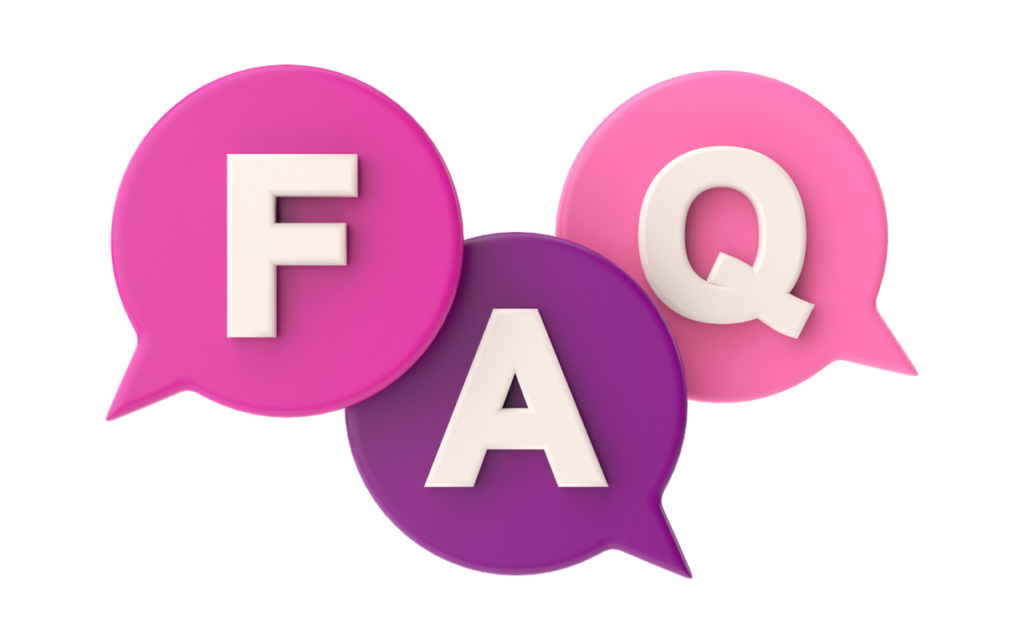Physical Address
304 North Cardinal St.
Dorchester Center, MA 02124
Physical Address
304 North Cardinal St.
Dorchester Center, MA 02124


When it comes to cooking, the appliance you choose can make a big difference in your energy bills. With the rise in popularity of slow cookers, many people wonder if they’re a more economical option compared to traditional cookers. You might be surprised by how these appliances stack up against each other in terms of cost-effectiveness.
Slow cookers offer convenience and the ability to prepare meals with minimal effort, but do they really save you money in the long run? In this article, we’ll dive into the energy consumption of both slow cookers and conventional cookers, helping you determine which option is truly the best for your wallet. Get ready to uncover the facts that could lead to smarter cooking choices in your kitchen.
Cooking appliances vary widely in functionality, efficiency, and cost. Understanding these differences helps you choose the right appliance for your meal preparation while considering energy consumption.
Slow cookers use low heat over an extended period. These appliances typically operate under 200 watts. They excel in convenience, allowing for meal prep in advance, which can lead to energy savings. For example, recipes can cook for 6 to 8 hours without frequent monitoring.
Traditional cookers, such as ovens and stovetops, offer versatility. They consume significantly more energy, averaging 1,000 to 2,500 watts, depending on the appliance and cooking method. The cooking time is generally shorter, often requiring more energy upfront due to higher temperature settings.
Comparing energy use, slow cookers often provide a more cost-effective option due to lower wattage and longer cooking times. A slow cooker can use approximately 1 to 2 kilowatt-hours (kWh) for an entire day of cooking, while a traditional cooker can consume 3 to 4 kWh for a single meal prepared in under an hour.
In scenarios like dinner parties or meal prep for the week, slow cookers offer effective energy savings over standard cookers. However, for quick meals or multiple dishes simultaneously, traditional cookers may be preferable despite the higher energy consumption.
Selecting the right cooking appliance involves balancing convenience, energy costs, and cooking needs. Evaluating energy consumption directly influences your overall kitchen expenses.
Understanding the cost comparison between slow cookers and traditional cookers aids in making informed choices. Analyzing both initial investments and operating costs reveals key differences.
Purchasing a slow cooker typically costs $20 to $150, depending on the brand and features. Standard traditional cookers, such as ovens or ranges, range from $300 to $3,000, considerably higher. While the upfront expense for a slow cooker is lower, your choice may depend on the specific features you desire.
Operating costs reflect energy consumption during use. A slow cooker consumes under 200 watts, while traditional cookers range from 1,000 to 2,500 watts. Assuming 2 kWh for a slow cooker over eight hours, the cost averages $0.24 based on an energy rate of $0.12 per kWh. Conversely, a traditional cooker may use 3 kWh for a 30-minute meal, totaling approximately $0.36.
Here’s a summary of the costs:
| Cooking Appliance | Wattage Consumption | Cost for 8 Hours | Cost for 30 Minutes |
|---|---|---|---|
| Slow Cooker | 200 watts | $0.24 | N/A |
| Traditional Cooker | 1,500 watts (avg) | N/A | $0.36 |
Evaluating energy usage reveals slow cookers provide more economical cooking options over time. Your cooking habits may dictate the best choice for your kitchen budget.
Evaluating energy efficiency is crucial for understanding the cost-effectiveness of slow cookers versus conventional cookers. By examining their energy consumption, you can make informed decisions that align with your budget and cooking habits.
Slow cookers operate at 200 watts, making them a low-energy option for extended cooking. They primarily use low heat over long periods, leading to energy consumption of about 1 to 2 kilowatt-hours (kWh) for a full day. For instance, cooking a large dish, like chili, over eight hours typically costs around $0.24. This efficiency makes slow cookers ideal for meal prep, as they consume less energy per serving compared to traditional methods. Additionally, the ability to prepare meals in bulk can further reduce both energy costs and food waste.
Conventional cookers, such as ovens and stovetops, consume significantly more energy, averaging between 1,000 to 2,500 watts. They may range from 3 to 4 kWh per meal, leading to higher operational costs. For example, cooking a batch of pasta in a conventional oven for 30 minutes could cost approximately $0.36. While conventional cookers excel in speed and versatility, such as roasting or baking, their higher energy output increases operational costs, especially when used for lengthy cooking sessions. Users seeking efficiency must consider the longer cooking times associated with slow cookers versus the quick, often more energy-intensive, cycles of conventional methods.
Slow cookers simplify meal preparation and maximize time efficiency in the kitchen. Understanding the convenience and time commitments of each cooking method helps you choose the most effective option for your lifestyle.
Slow cooking offers unmatched convenience. You can prepare ingredients in the morning, set the slow cooker, and return several hours later to a fully cooked meal. Many slow cookers include programmable timers, allowing for precise cooking without constant oversight. This flexibility suits various schedules, making it easy to prepare larger portions for meal prepping or family gatherings. Additionally, slow cookers excel in one-pot meals, reducing dish cleanup.
Conventional cooking methods typically require more active management. Ovens and stovetops cook meals rapidly, ideal for quick dinners; however, they demand continuous attention, especially for monitoring and adjusting temperatures. Preparing a meal on a traditional cooker often involves multiple steps, including preheating, cooking, and cleaning up after use. The overall time savings of a slow cooker clearly favors those looking for less hands-on involvement while still enjoying delicious home-cooked meals.
Evaluating cost-effectiveness between slow cookers and traditional cookers involves analyzing initial and operating costs alongside energy consumption. Slow cookers operate at a lower wattage, typically between 200 to 500 watts, leading to minimized energy bills. A daily cooking session with a slow cooker consumes about 1 to 2 kilowatt-hours (kWh), costing around $0.24 for eight hours of use.
On the other hand, traditional cookers consume significantly more energy, ranging from 1,000 to 2,500 watts. A typical meal using a conventional oven or stovetop can consume between 3 to 4 kWh, resulting in approximately $0.36 for just 30 minutes of cooking. Such differences highlight the slow cooker’s efficiency, particularly for users who value prolonged, low-energy cooking.
Determining the best option also requires considering how you cook. If you often prepare meals ahead of time or cook for large groups, a slow cooker proves more economical in both energy and food waste reduction. However, if you favor quick, immediate meals, traditional cookers might still play a role in your kitchen.
The initial investment in appliances also influences overall cost-effectiveness. Slow cookers are more affordable, with prices ranging from $20 to $150, while traditional cookers can range from $300 to $3,000, making slow cookers a wise choice for budget-conscious cooks.
Ultimately, the decision revolves around your cooking habits. If your priority is to save on energy bills while enjoying convenient meal preparation, a slow cooker emerges as the smarter financial decision.
Choosing between a slow cooker and a traditional cooker ultimately depends on your cooking style and budget. If you’re looking to save on energy bills while enjoying the convenience of meal prep, a slow cooker is likely your best bet. Its low energy consumption and ability to prepare meals over extended periods make it a cost-effective option for busy households.
On the other hand, if you often need quick meals or prefer versatile cooking methods, a traditional cooker might suit you better despite its higher operational costs. Assess your cooking habits and preferences to find the right appliance that meets your needs while keeping your kitchen expenses in check.

Yes, slow cookers can save money on energy bills. They typically use 1 to 2 kilowatt-hours (kWh) for a full day of cooking, costing around $0.24 for eight hours. In comparison, traditional cookers may consume 3 to 4 kWh for just one meal, leading to higher costs.
Traditional cookers, including ovens and stovetops, usually consume between 1,000 to 2,500 watts. This high energy consumption makes them less efficient for longer cooking sessions compared to slow cookers.
Slow cookers are convenient for meal prep, allowing users to prepare meals in advance and return to fully cooked dishes. They also minimize cooking time and cleanup, making them ideal for large gatherings or busy schedules.
Slow cookers generally range in price from $20 to $150. This is significantly lower than traditional cookers, which can cost between $300 to $3,000, making slow cookers more budget-friendly options.
Yes, slow cookers excel at meal prep. They allow for bulk cooking, reducing energy costs and food waste. Their ability to cook meals over several hours also helps in preparing one-pot meals that save time and effort.
Cooking habits play a crucial role in choosing between slow cookers and traditional cookers. Slow cookers suit those who meal prep or cook for large groups, while traditional cookers are better for quick meals requiring active management.
Consider both the initial and operating costs, alongside energy consumption, when evaluating cooking appliances. Assess how often you cook, your meal prep needs, and how much time you want to spend in the kitchen to make an informed decision.